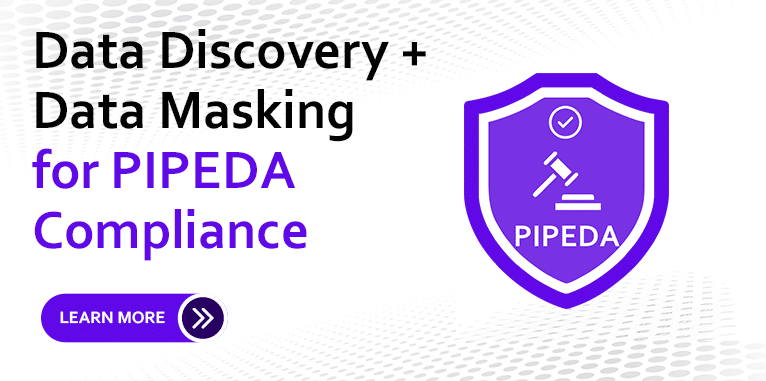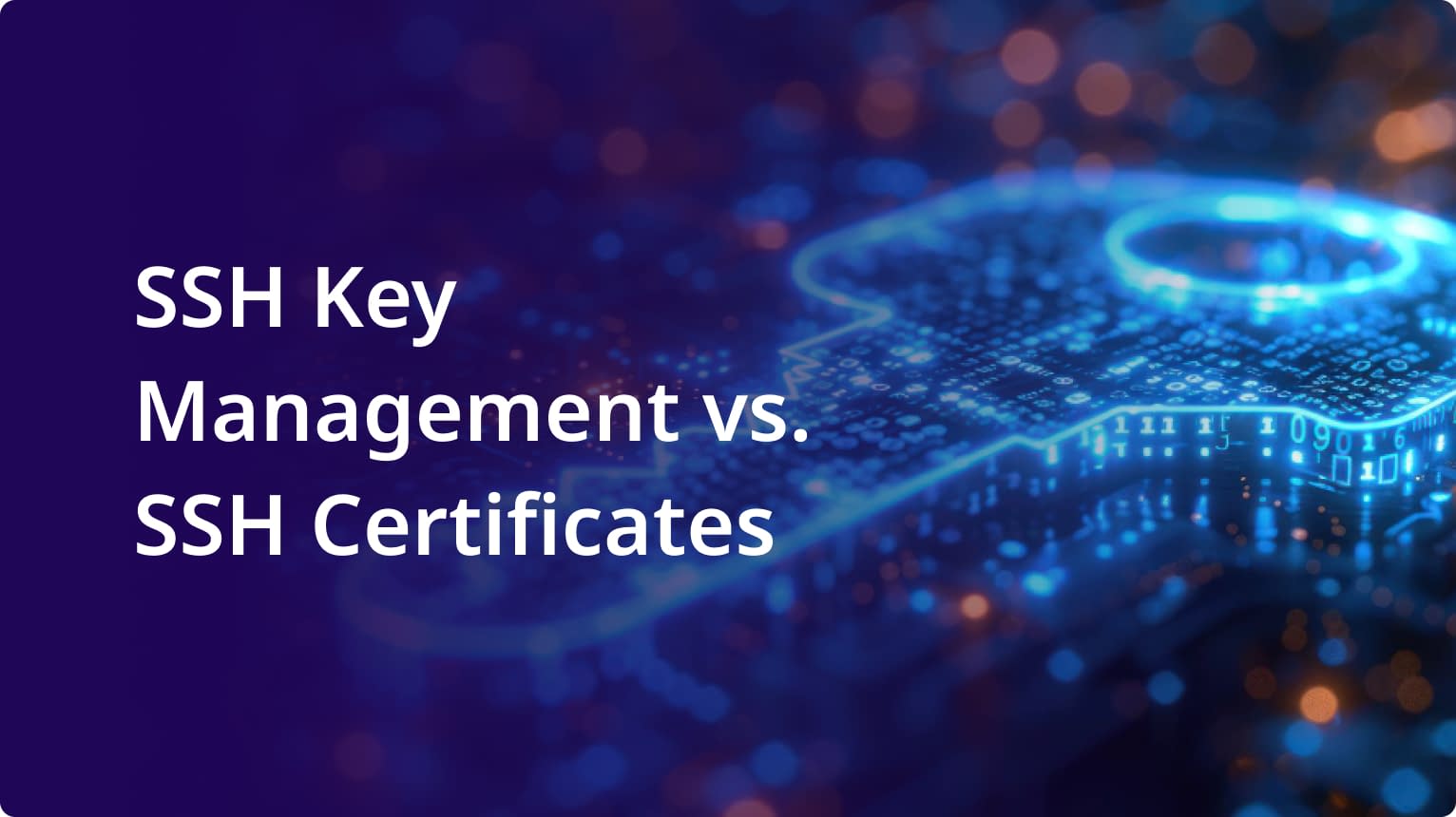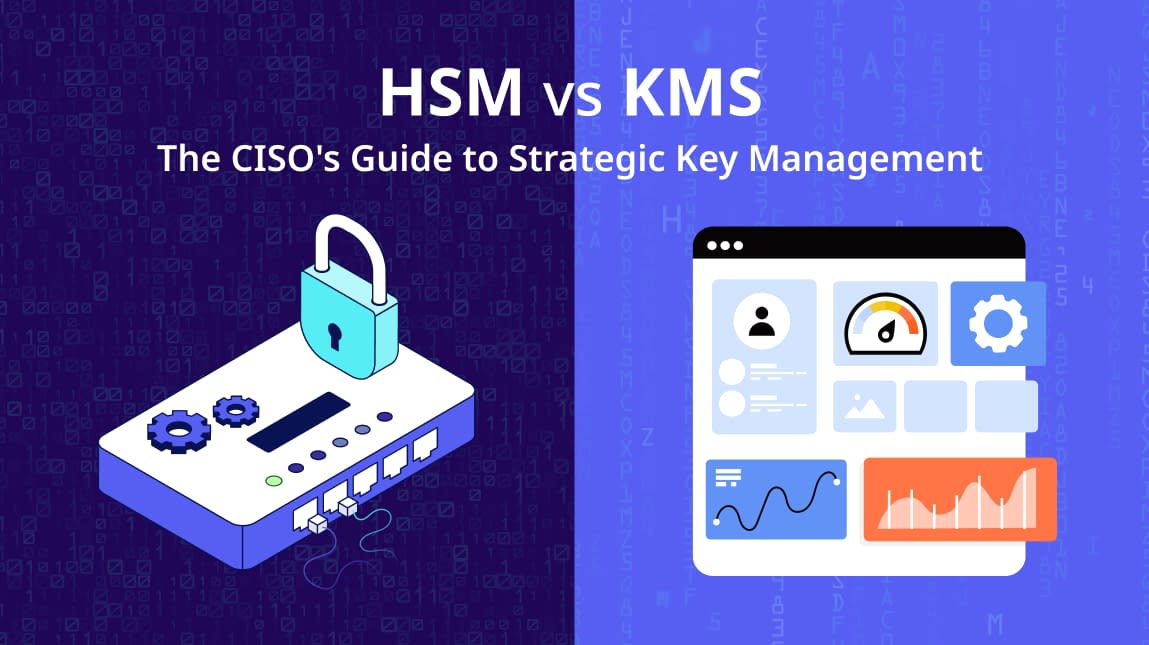What is PIPEDA, Canada’s Personal Information Protection and Electronic Documents Act?
PIPEDA, or the Personal Information Protection and Electronic Documents Act, is Canada’s primary federal privacy law governing the collection, use, and disclosure of personal information by private-sector organizations. PIPEDA establishes ten fair information principles to guide organizations in their handling of personal data.
What is regulated under PIPEDA?
PIPEDA applies to all private-sector organizations across Canada that collect, use or disclose personal information in the course of a commercial activity. In Alberta, British Columbia and Quebec, the provincial privacy regulations apply to commercial activities solely taking place within the province, except in cases where the organization is in a federally regulated industry including banking, telecommunications, air travel, and interprovincial transportation. For federally regulated workplaces, PIPEDA also applies to employee personal information.
Organizations regulated under PIPEDA must follow 10 fair information principles:
- Accountability: Organizations are responsible for the personal information under their control and must designate a person or team to ensure compliance.
- Identifying Purposes: Organizations must identify the purposes for collecting personal information before or at the time of collection.
- Consent: Individuals must provide meaningful consent for the collection, use, or disclosure of their personal information, with some exceptions.
- Limiting Collection: Organizations should only collect personal information that is necessary for the identified purposes.
- Limiting Use, Disclosure, and Retention: Personal information should not be used or disclosed for purposes other than those for which it was collected, except with consent or as required by law. It should only be retained as long as necessary.
- Accuracy: Personal information should be as accurate, complete, and up-to-date as necessary for the purposes for which it is to be used.
- Safeguards: Organizations must protect personal information with security safeguards appropriate to the sensitivity of the information.
- Openness: Organizations must make readily available specific information about their personal information management policies and practices.
- Individual Access: Upon request, individuals have a right to access their personal information held by an organization and to challenge its accuracy.
- Challenging Compliance: Individuals have the right to challenge an organization’s compliance with PIPEDA.
What is considered personal information under PIPEDA
PIPEDA has a broad and extremely comprehensive definition of “personal information”. It is defined as “any factual or subjective information, recorded or not, about an identifiable individual”. Here is the specific breakdown of what constitutes personal information under PIPEDA provided by the Privacy Commissioner of Canada:
- Age, Name, ID, Numbers, Income, Ethnic Origin, or Blood Type;
- Opinions, Evaluations, Comments, Social Status, or Disciplinary actions; and
- Employee files, Credit Records, Loan Records, Medical Records, Existence of a dispute between a consumer and a merchant, intentions (for example, to acquire goods or services, or change jobs).
How do you comply with PIPEDA, and what are the consequences for failing to do so?
To comply with PIPEDA you must adhere to the 10 fair information principles outlined above when collecting, managing, using, and disclosing personal information. PIPEDA specifically mandates data security safeguards, and requires organizations to discover and report any data held about an individual upon request.
Consequences of PIPEDA Non-Compliance
Unfortunately, Accutive Data Discovery + Masking (ADM) clients using the data discovery functionality often find personally identifiable information (PII) that they were previously unaware of, sometimes in unsecured locations. The consequences of improper storage, use, and retention of personally identifiable information (PII) covered under PIPEDA can are severe:
Organizations that fail to comply with PIPEDA can face significant consequences, including:
- Financial Penalties: Fines of up to $100,000 CAD per violation
- Reputational Damage: Loss of consumer trust and negative publicity
- Legal Action: Potential lawsuits from individuals or regulatory bodies
- Increased Regulatory Scrutiny: Heightened investigations and audits by the Office of the Privacy Commissioner of Canada (OPC)
PIPEDA Compliance: Know, Protect + Control Your Data
PIPEDA Compliance with Data Discovery
The first step to ensuring PIPEDA Compliance is knowing all of the personal information about Canadians housed in your database(s) that is regulated under PIPEDA. An ADM process known as Data Discovery automates searching your selected files, tables, and database(s), so that you know where the personal information collected under the Act resides within your organization’s databases or files. With Accutive Data Discovery and Masking (ADM), there is pre-configured data discovery for PIPEDA compliance that can also be tailored to your specific needs. For example, you can search only for values related to Canadian residents. Additionally, ADM can automate your organization’s compliance with PIPEDA’s Individual Access provision by discovering and reporting on all instances of a given individual or household within your database(s).
ADM’s PIPEDA compliance configuration provide extensive coverage of PIPEDA-defined personal information, including data discovery of direct identifiers such as name, address, date of birth, driver’s license number or other ID numbers, income, credit score, financial details, as well as indirect identifiers such as IP address.
PIPEDA Data Analysis and Protection
Once sensitive data is discovered, ADM provides several options:
- Data Analysis: Generate reports or export data for in-depth analysis to understand your sensitive data landscape and potential risks.
- Data Masking: Anonymize or obfuscate data for purposes like testing, development, or sharing with less secure environments. ADM offers robust masking techniques to protect personal information while preserving data utility.
Automated, Continuous PIPEDA Compliance
Ongoing oversight and control of your sensitive data is critical. ADM’s automation capabilities streamline ongoing PIPEDA compliance. Integrate ADM into your SecDevOps and DevOps processes to automatically discover, subset and/or mask personal information, preventing unauthorized use, sharing, and collection of PIPEDA-regulated data.
ADM: Proven Platform for Seamless PIPEDA Compliance
Accutive Data Discovery and Data Masking (ADM) is a data management and protection platform that helps Canadian organizations seamlessly comply with the Personal Information Protection and Electronic Documents Act, and provincial equivalents including the Alberta Personal Information Protection Act (PIPA), BC PIPA, and Quebec’s Private Sector Privacy Act. As an organization with a Canadian head office in Vancouver that operates across Canada, we know that it can be challenging to manage compliance with PIPEDA and numerous provincial privacy acts. That is why we specifically designed ADM’s data discovery and compliance scan groups to be fully customizable. Depending on your needs, you can discover and mask your data using our pre-configured PIPEDA scan group, or customize your scan groups to include or exclude additional fields and values.












Comment